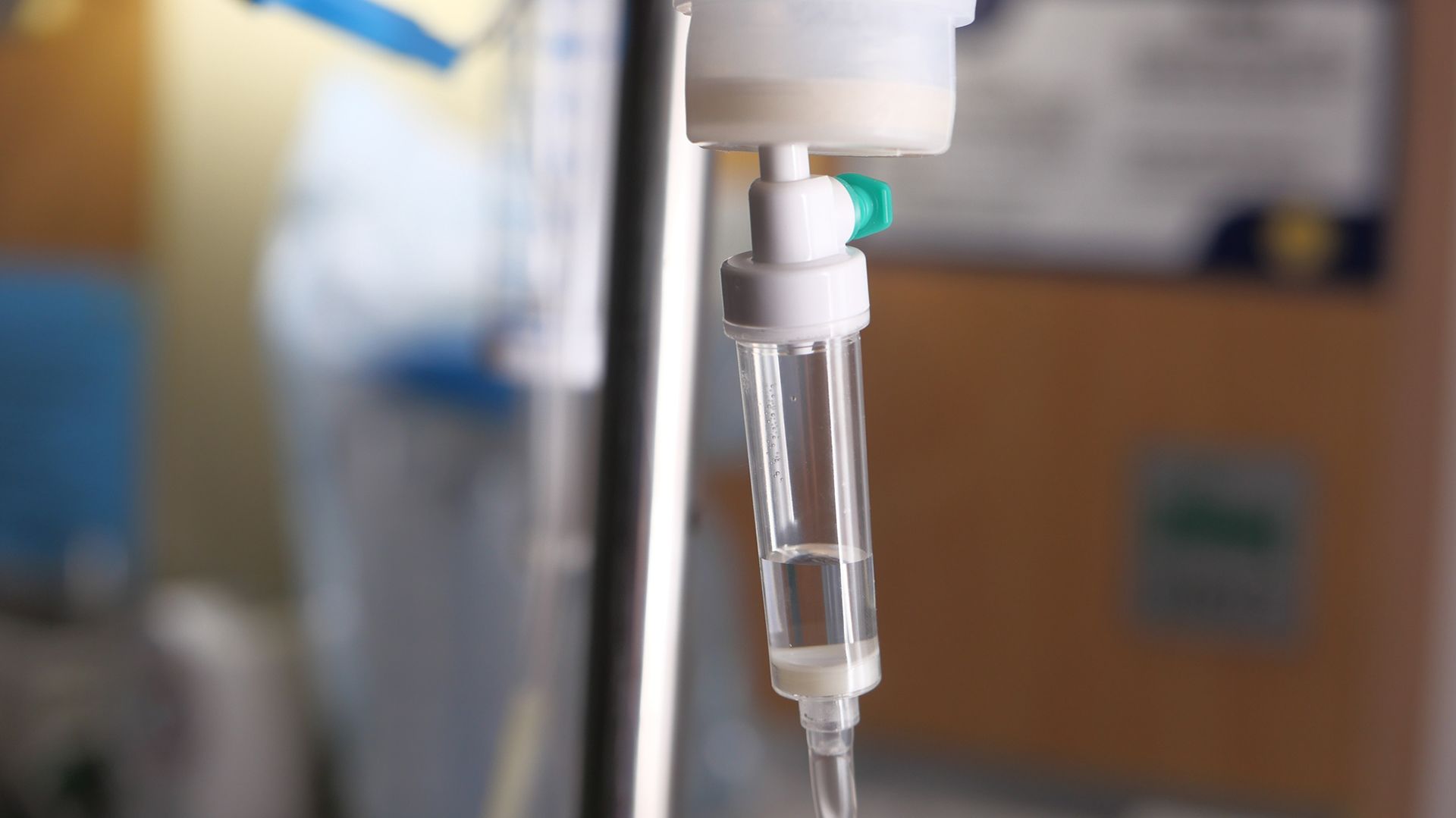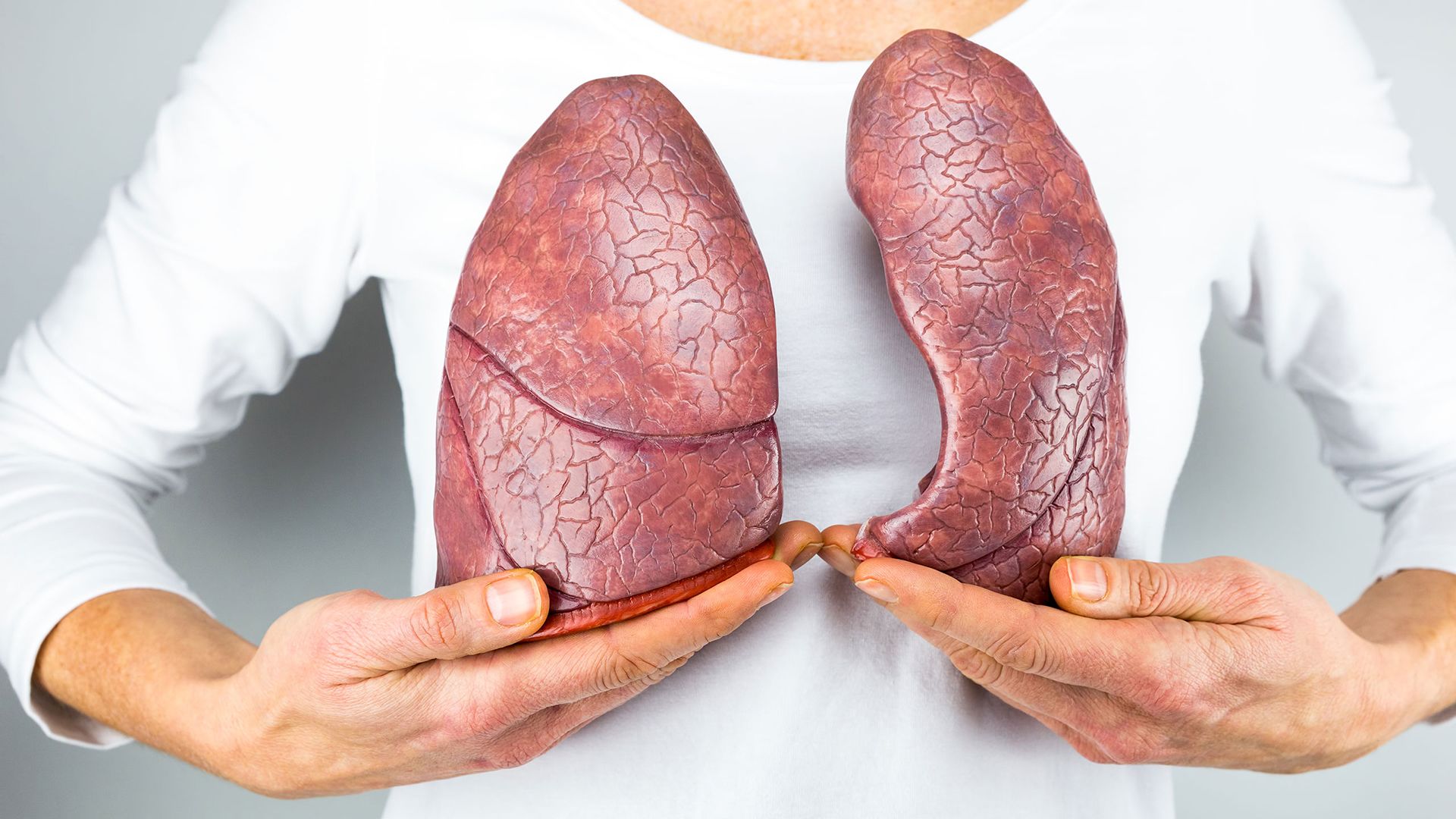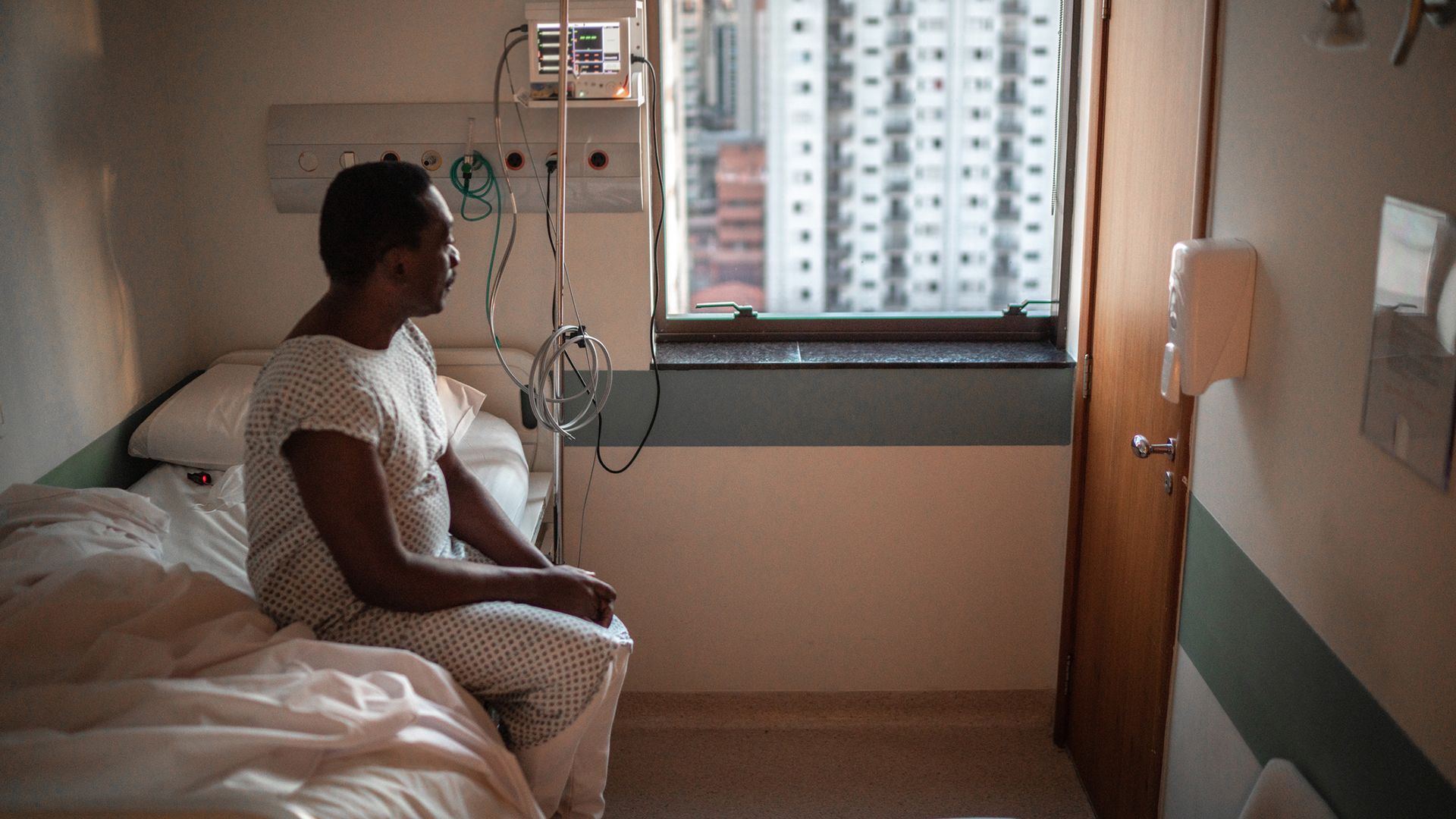You don’t have to face lung cancer alone. From the moment of diagnosis, you’ll have a medical team around you dedicated to helping you get better. “In this day and age, the patient is best served by a multidisciplinary team all evaluating the patient together,” says Dr. Franco Rea, MD, a thoracic surgeon at Presbyterian/St. Luke’s Medical Center in Denver, Colorado. “No one tries to manage the patient themselves. It’s too difficult, and we all have different skill sets.”
A multidisciplinary approach
Your primary care physician (PCP) will most likely be your first point of contact. If your PCP suspects you might have lung cancer, he or she will refer you to a pulmonologist or surgeon, who will bring in the rest of the team.
In the past, that team would come together in a piecemeal way, says Dr. Rea. One doctor would call another to ask for help, then another and another until a team was assembled. Over the past 10 or 15 years, though, lung cancer treatment has evolved to what Rea calls a multidisciplinary conference.
“We all sit down together—the pulmonologist, the oncologist, the thoracic surgeon, the radiologist—and we all discuss the patient, give different opinions, throw out suggestions,” says Rea. “That’s routine at pretty much any hospital now.”
Meet the team
There’s no one leader of a lung cancer treatment team, according to Rea. “Everyone’s sort of a co-captain. That’s why we all put our heads together.” Here are some of the professionals who are likely to make up your team.
Physicians, including:
- Radiologist. The radiologist uses imaging technology such as X-rays, CT scans and PET scans to help with diagnosis and monitoring your treatment.
- Pulmonologist. A pulmonologist is a doctor who specializes in diseases of the lungs. He or she will usually be responsible for biopsies and diagnosis of any tumors found in the lungs.
- Thoracic surgeon. The thoracic surgeon operates on your lungs to cut out tumors and will be heavily involved in post-operative recovery. “I’ll still see the patient every three to six months for about five years,” says Rea. “After five years, I’ll follow up on about a yearly basis.”
- Oncologist. The oncologist is responsible for directing the non-surgical care, says Rea. You’ll see an oncologist often if you’re getting chemotherapy. Radiation oncologists will lead your radiation therapy, if you need it.
- Primary care physician. Your PCP will often play a supportive role in your lung cancer treatment team. He or she probably knows you best out of all the team members.
Other healthcare providers, including:
- Oncology nurse navigator. The nurse navigator helps guide you through the administrative aspects of your treatment, such as making sure you’re seeing the correct doctors and helping with paperwork. “The nurse navigator helps to coordinate the services,” Rea says.
- Genetic counselor. Some types of lung cancer are hereditary. A genetic counselor can order tests and help explain what the results mean for you and others in your family.
Although each healthcare provider has a very niche role, together they make up a team dedicated to your treatment and recovery.





